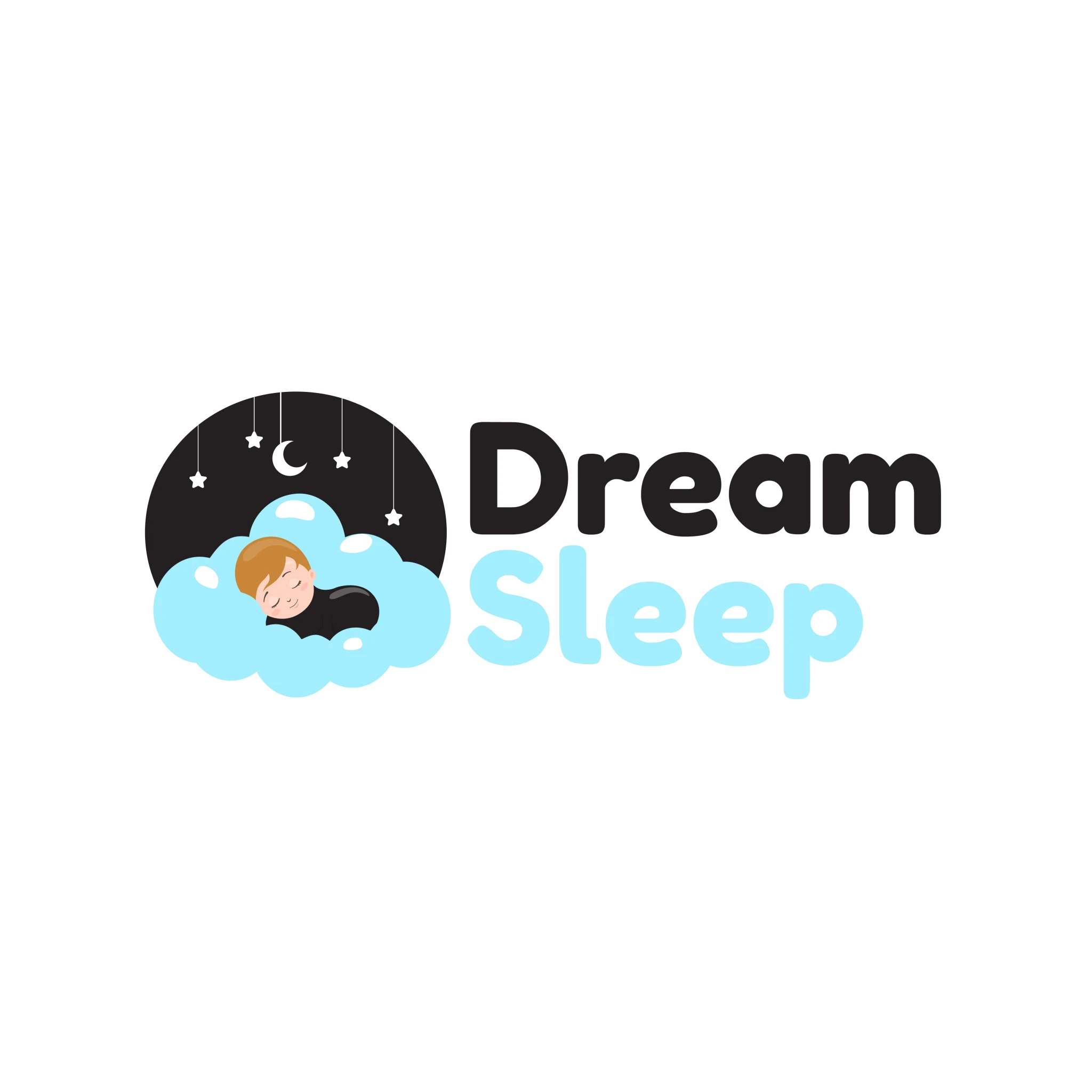Eight months developmental milestones and sleep
At around 8 months old, infants go through several important developmental milestones in areas such as motor skills, cognitive abilities, social interaction, and communication. Additionally, their sleep patterns and habits continue to evolve. Here’s what you can generally expect at this stage:
1. Motor Skills:
– Your baby may be able to sit up unsupported and maintain balance for short periods.
– They may start crawling or scooting around on their stomach or bottom.
– Some infants may begin pulling themselves up to a standing position while holding onto furniture or other support.
2. Cognitive Development:
– Object permanence develops further, meaning your baby understands that objects still exist even when they can’t see them.
– They may engage in more complex play, such as stacking blocks or placing objects into containers.
– Babies at this age may show interest in cause-and-effect relationships, such as banging objects together to produce sounds.
3. Social and Emotional Development:
– Your baby may start to display stranger anxiety, becoming wary or fearful of unfamiliar people.
– They may also show attachment to primary caregivers and display separation anxiety when separated from them.
– Infants may begin imitating actions and expressions of others, such as waving bye-bye or clapping hands.
4. Communication and Language:
– Babbling becomes more complex, with a wider range of consonant and vowel sounds.
– They may respond to their name or simple requests like “wave bye-bye” or “give me the toy.”
– Some babies may start understanding a few simple words and gestures.
Regarding sleep, every baby is unique, and their sleep patterns can vary. By 8 months, many babies are capable of sleeping for longer stretches at night and may have developed a more predictable sleep schedule. However, some infants may still experience sleep regressions or have difficulty settling into a consistent sleep routine.
It’s essential to establish a bedtime routine and create a calm and soothing sleep environment. Aim for a consistent sleep schedule, including regular nap times during the day. While some babies may sleep through the night, others may still wake up for feeds or comfort. Remember that these milestones and sleep patterns are general guidelines, and individual development can vary. If you have specific concerns about your baby’s development or sleep habits, it’s always best to consult with your paediatrician/ GP or contact Dream Sleep Occupational Therapy for personalised guidance.
To contact Dream Sleep Occupational Therapy, email info@DreamSleepOT.com.au or visit the website.
Or Book Now
Share this:
Leave a comment

For the best sleep possible
Dream Sleep Occupational Therapy provides evidence-based and personalised advice to support your family’s best possible sleep
Contact Us
Open Hours
Mon-Fri: By appointment only
Saturday: Closed
Sunday: Closed
Public Holidays: Closed
WA School Holidays: Closed
Location
Maylands, Western Australia.
Telehealth, online courses and sleep guides- worldwide
All Rights Reserved 2025 Dream Sleep OT.


